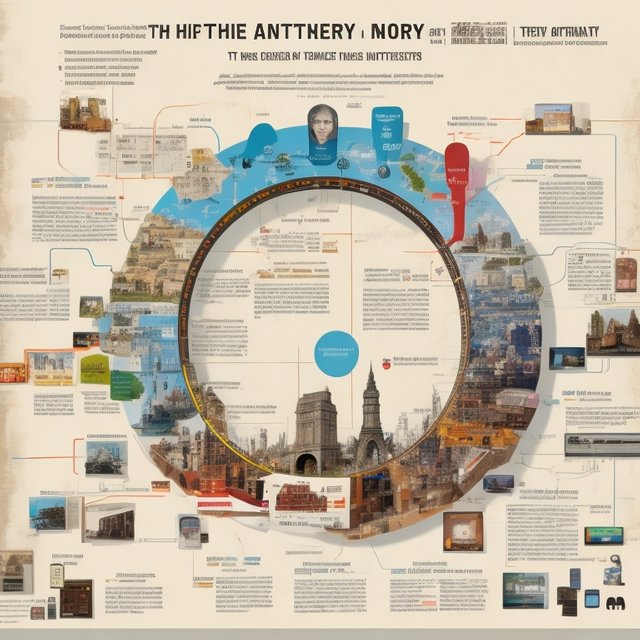The internet has become an essential part of our lives, but its history is relatively short. It all started in the 1960s, when the US Department of Defense began developing a network of computers that could withstand a nuclear attack. This network, called ARPANET, was the predecessor to the internet.
In the 1970s, ARPANET was expanded to include universities and research institutions. This allowed scientists and researchers to share information and collaborate on projects. In the 1980s, the internet became more accessible to the public. Commercial internet service providers (ISPs) began offering internet access, and the World Wide Web was invented.
The internet has continued to grow and evolve in the years since. Today, it is used by billions of people around the world for communication, commerce, education, entertainment, and much more.
Here are some of the key events in the history of the internet:
1962: J.C.R. Licklider, a computer scientist at MIT, proposes the idea of a "Galactic Network" that would connect computers around the world.
1969: ARPANET is created by the US Department of Defense.
1971: The first email is sent over ARPANET.
1983: ARPANET splits into two networks: the MILNET for military use and the ARPANET for research and education.
1989: Tim Berners-Lee invents the World Wide Web.
1993: The first commercial internet service provider (ISP) is founded.
1995: The number of internet users worldwide reaches 16 million.
2000: The number of internet users worldwide reaches 361 million.
2010: The number of internet users worldwide reaches 2 billion.
2023: The number of internet users worldwide is estimated to reach 4.9 billion.
The internet has had a profound impact on society. It has made it possible for people to communicate and collaborate with each other from all over the world. It has also led to the development of new businesses and industries. The internet has also changed the way we learn, shop, and entertain ourselves.
The internet is still a relatively new technology, and it is constantly evolving. It is impossible to predict what the future holds for the internet, but it is clear that it will continue to play an important role in our lives.
Here are some of the challenges and opportunities that the internet faces in the future:
Security: The internet is a target for cyberattacks. These attacks can steal personal information, disrupt businesses, and even cause physical damage.
Privacy: The internet collects a lot of data about us, and this data can be used to track our activities and target us with advertising.
Censorship: Some governments censor the internet, blocking access to certain websites and content.
Fake news: The internet makes it easy to spread false information. This can have a negative impact on our democracy and our ability to make informed decisions.
Digital divide: Not everyone has access to the internet. This can create a digital divide between those who have access and those who do not.
Despite these challenges, the internet is a powerful tool that has the potential to make the world a better place. It can help us to connect with each other, learn new things, and create new opportunities. It is up to us to use the internet responsibly and to ensure that it is used for good.
